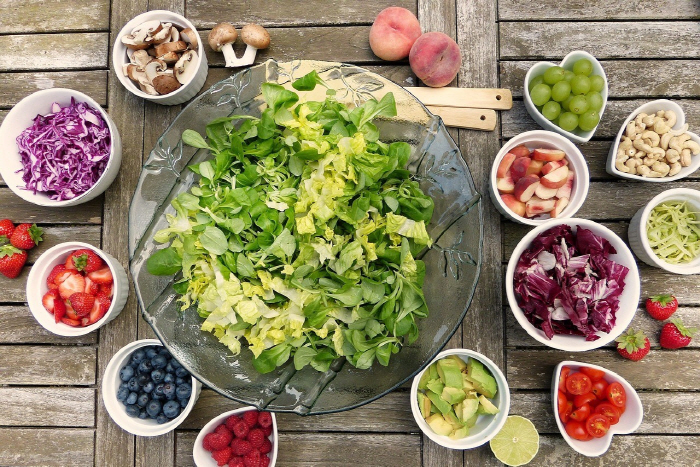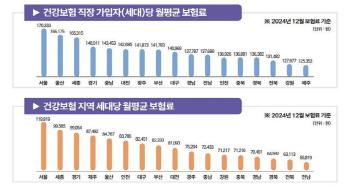If you practice this diet, you're 2.2 times more likely to be disease-free at the age of 75
Mar 28, 2025
|
However, opinions are divided on which diet is the best.
Meanwhile, researchers from Harvard University in the United States have published a research result stating that 'Middle-aged Diet for Healthy Old Age'.
The researchers analyzed 30 years of eating habits and health data for about 105,000 people aged 39 to 69, and found that those who thoroughly followed the 'Alternative Healthy Diet Index (AHEI)" were 86% more likely to be healthy at age 70 and 2.2 times more likely to be disease-free at age 75.
Developed as an alternative to the Healthy Diet Index (HEI), the AHEI diet includes fruits, vegetables, whole grains, nuts, legumes, healthy fat-rich red and processed meats, milk, tea or coffee with little sugar, sodium, and refined grain diets.
The HEI diet, created by the U.S. Department of Agriculture as a dietary guide line for Americans, is essentially similar, but the AHEI diet was more focused on preventing chronic diseases such as heart disease, cancer, and diabetes.
Compared to HEI, AHEI emphasizes more healthy fats, nuts, and legumes and allows moderate alcohol consumption.
It also claims to rely heavily on fruits, vegetables, and whole grains, while reducing the intake of red meat and processed meat and sugary beverages.
The researchers urged "Avoid fruit juices that may consume more green leafy vegetables and increase the risk of diabetes."
In addition, instead of frequently consuming whole grains such as brown rice and quinoa, it was recommended to minimize the consumption of refined grains, eat at least one serving of vegetable protein per day, consume fish weekly, and replace them with olive oil instead of butter.
Marta Guash-Pere, an associate professor of public health at the University of Copenhagen and an adjunct professor of nutrition at Harvard Chan School, explained "Our findings suggest that moderate consumption of healthy animal foods and dietary habits rich in plant foods may help promote overall healthy aging."
Additionally, Dr. Anne-Julie Tessier, assistant professor of nutrition at the University of Montreal, said, `This study shows that there is no universal diet, and a healthy diet can be tailored to individual needs and preferences," he added.
However, in this study, the amount of food and the number of intake were not mentioned.
The results of the study were recently published in the famous journal Nature Medicine.
This article was translated by Naver AI translator.














